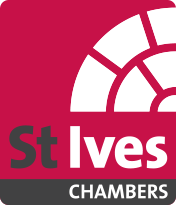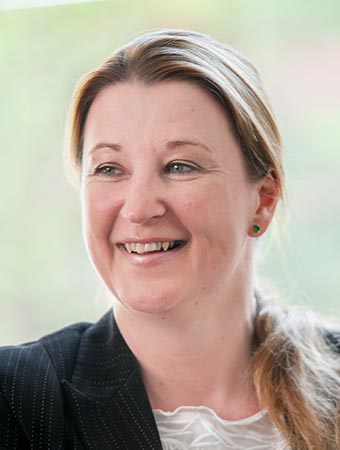Dispute Resolution can be particularly effective in disputes relating to children. The court process is notoriously slow in proceedings relating to children, often taking many months before the Court is in a position to make a determination, even on an interim basis.
At St Ives Chambers we recognise that there is nothing more important to parents than the welfare of their children. We also recognise that even a brief delay in getting the arrangements right is too long. With the assistance of an experienced practitioner of their choosing who will listen to each party’s concerns and offer an opinion as to the likely view of the Court at final hearing, parents can work through the practical day-to-day arrangements for their children and begin implementing them.
An early resolution reduces the opportunity for conflict to escalate, enabling the parties to resolve all issues before they cause permanent damage to their parental relationship. An early resolution is particularly important where children have, for whatever reason, stopped seeing one of their parents.
Private Dispute Resolution can take place at any stage in children cases, before or after CAFCASS reports have been received, provided there are no safeguarding concerns. There is no reason why the parties should wait until proceedings have been initiated. They can seek an early neutral evaluation at any stage saving the front-loaded costs of issuing proceedings.
If budgets are tight other options can be offered to reduce costs. For example, St Ives Chambers is piloting a scheme where couples wishing to achieve a negotiated settlement can obtain a joint written advice or meet with a barrister at an early stage in conference to identify a fair order. The instruction can be limited to an indication on one key issue.
Solicitors may choose to represent their clients themselves, avoiding the additional cost of instructing counsel.
In summary, private Dispute Resolution / Early Neutral Evaluation provides:
1. an early date at your convenience;
2. an expert in the field;
3. an expert who has read all of the papers;
4. guidance as to suitable arrangements for the children of the family and as to what order is likely to be made if the matter proceeds to a final hearing; and
5. sufficient time to negotiate and conclude an agreement.
For further information and assistance, please contact practice manager David Walters.
For an overview of Dispute Resolution please click on the following link:
For information on alternative forms of Dispute Resolution please click on the following links:
Private FDR and Early Neutral Evaluation in Financial Remedy Proceedings










